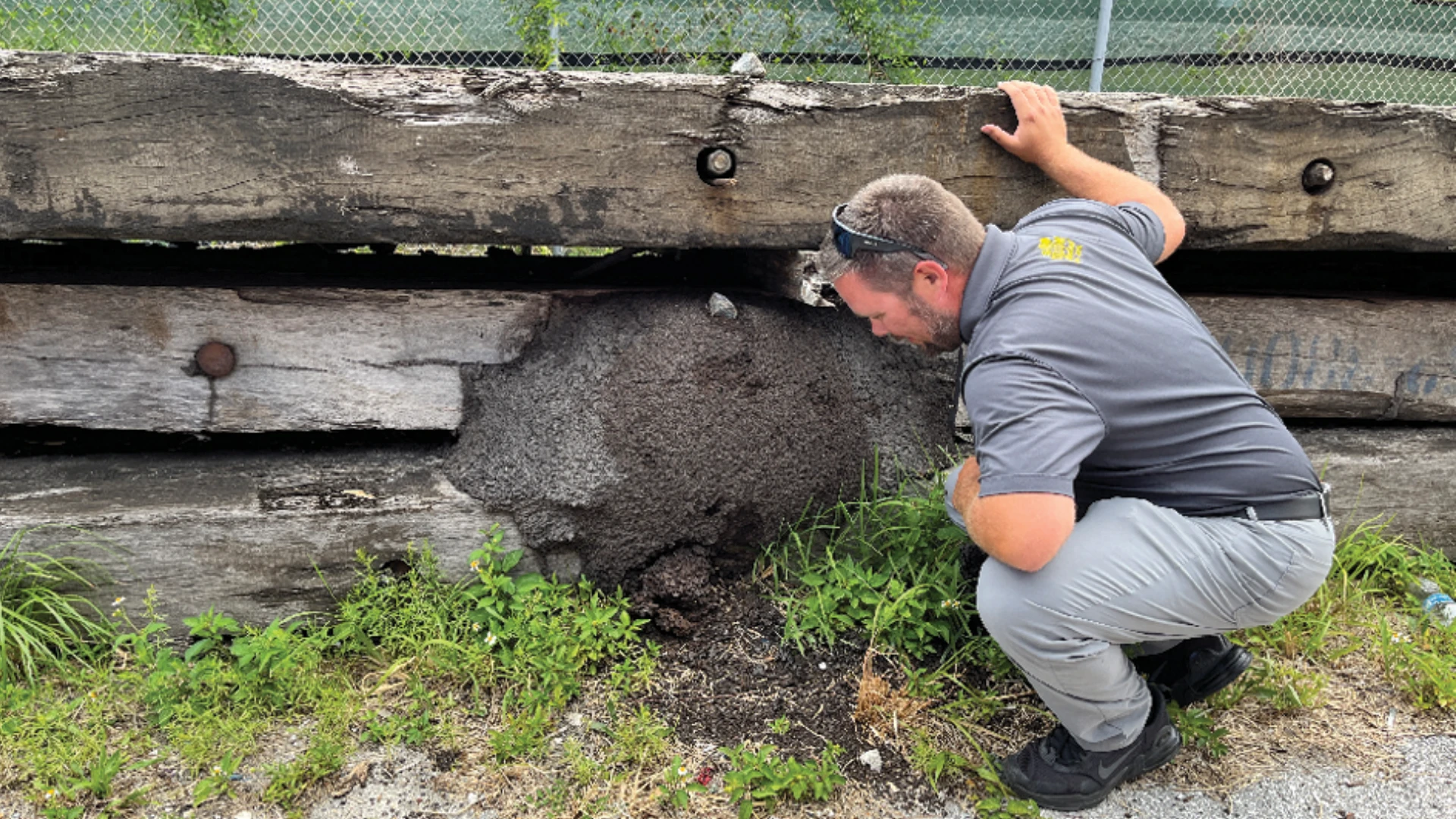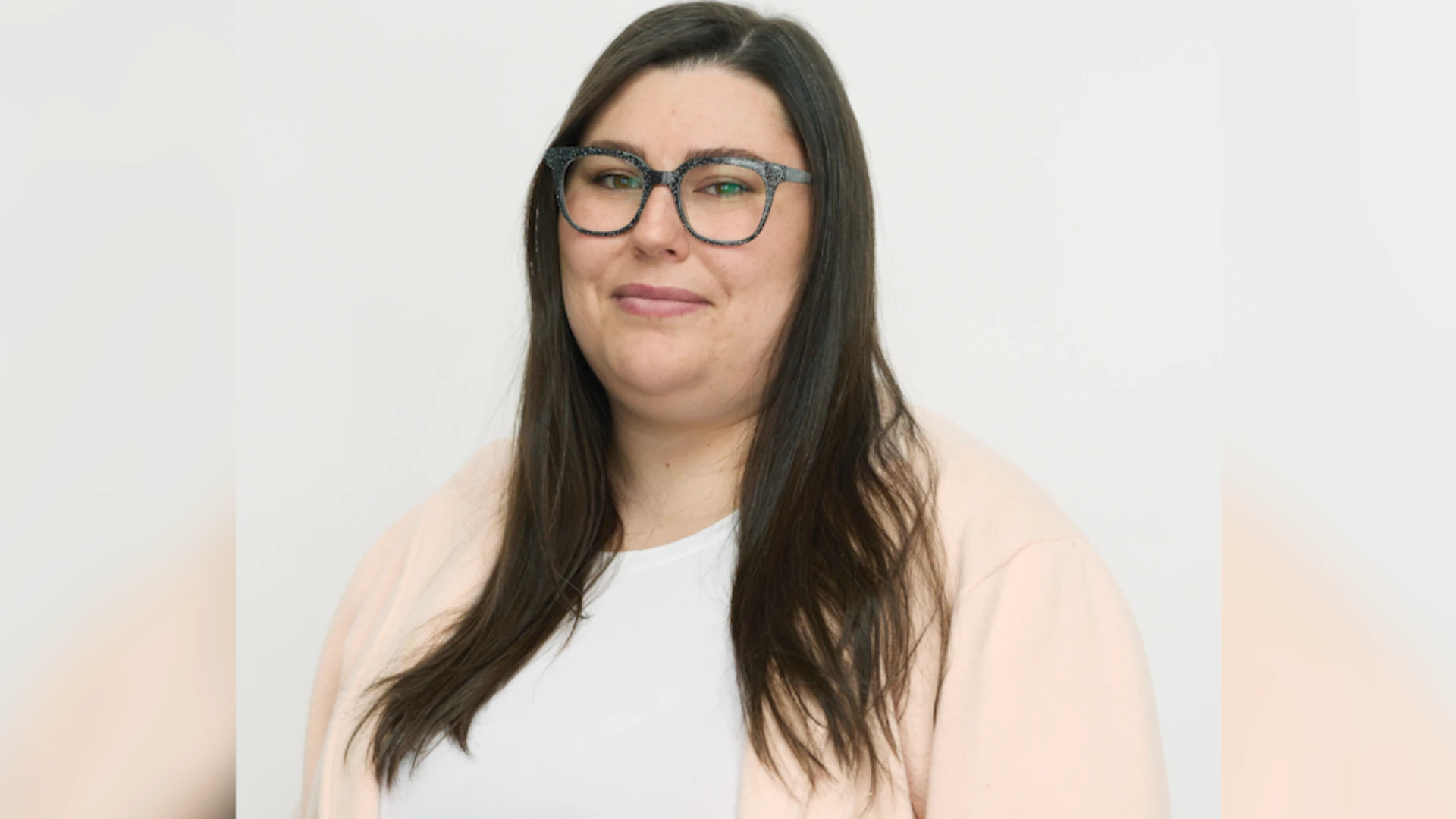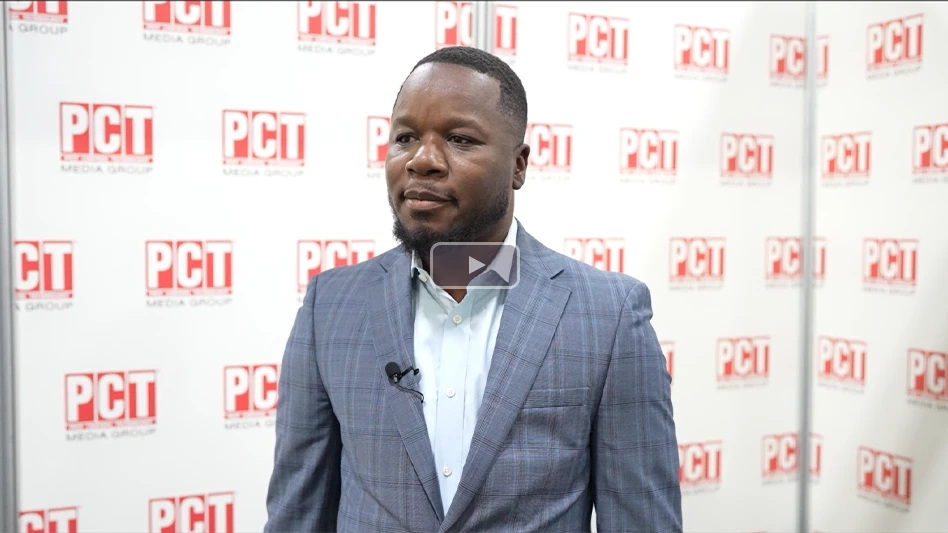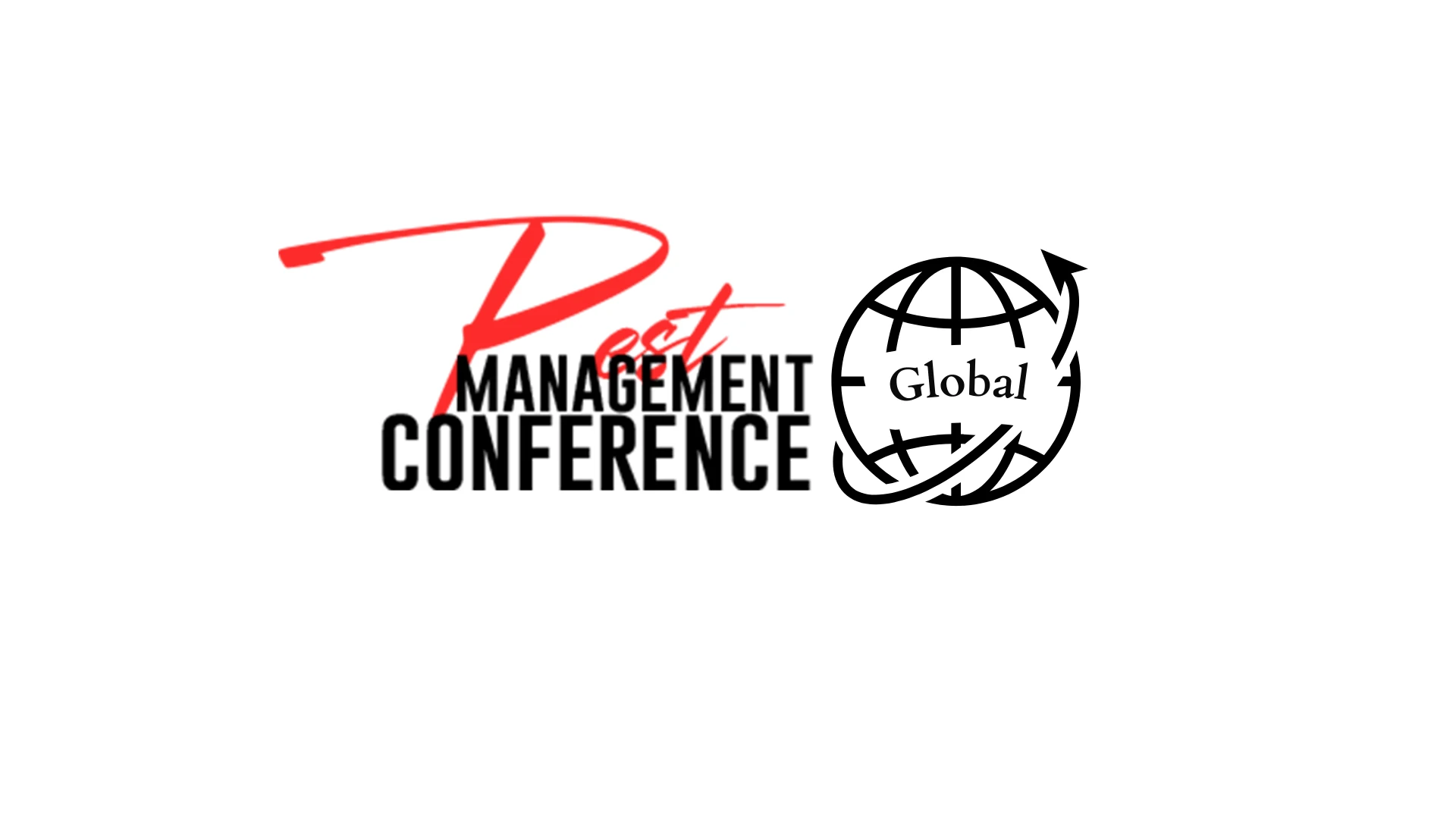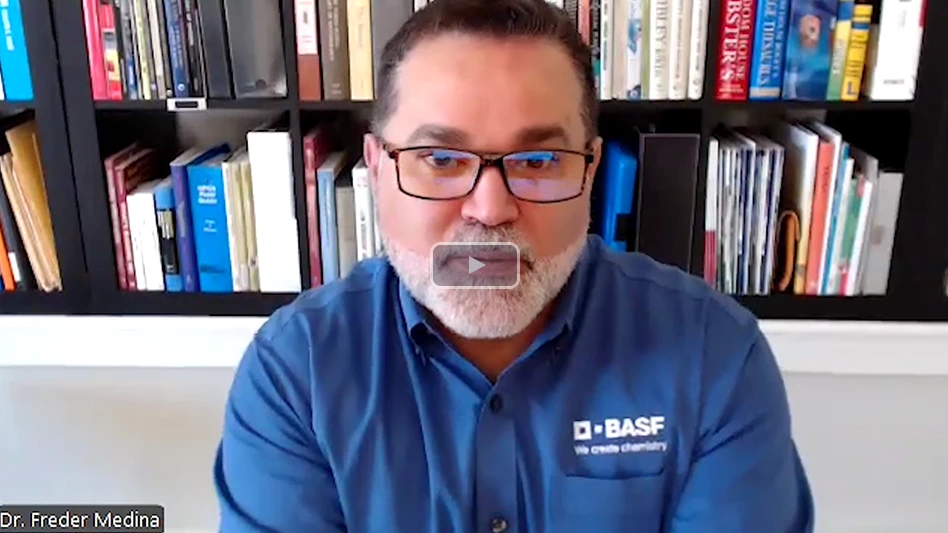EDELSTEIN RESPONDS
Regarding Michael Crose’s letter in August PCT, I am not responsible for raising fees for Florida’s pest control industry. The additional fees imposed by our regulators were made available through a rule change. The rule allows the department to use industry-generated monies without legislative approval, as long as the department meets two guidelines.
They must first counsel with industry, explaining the reason for the increase; and secondly, they cannot exceed the fixed cap regarding fees found in our statute. The increase was there for the taking. The department could have taken the fee increases and used it for employee raises, new cars, computers, etc.
The CPCO (Certified Pest Control Operators of Florida) board of directors endorsed the use of the available funds as long as they were used to hire nine new inspectors and create an Industry Advisory Council (IAC). The council, consisting of eight PCOs, a DACS representative, an individual representing academia and a resident of Florida, would be able to oversee the day-to-day responsibilities of the department that regulates our industry. It is a win-win situation for the industry, the department and our state’s consumers.
I am an employee of CPCO, I follow the positions set by my board of directors. CPCO is a member-driven organization and our board listens carefully to our members’ needs. Overwhelmingly, our members have begged the state for years for more enforcement and input as to how the industry funded department spends our fees. Through CPCO’s lobbying efforts, we now have a voice. The cost for the nine new inspectors and the IAC amounts to $2.88 per week, per company.
I find it strange in reading the July issue of PCT magazine that FPMA’s then-president, Bryan Cooksey, said that FPMA agrees that DACS needs more inspectors but they preferred a more conservative approach to adding inspectors, and thus smaller licensing fee increases. With all due respect we were never approached regarding a compromise. If a compromise had been offered, it would have presented an opportunity for a middle course between the associations.
In my opinion, Crose is in the minority as to the needs of Florida’s pest control industry. His views of myself and the association do not seem to be in the majority. I have spoken before hundreds and perhaps thousands of pest management professionals in the last year and they all agree it is time for us to have more enforcement and "say" as to how our industry is regulated. If CPCO lobbied for nine new inspectors, and FPMA would have accepted five, why is that Crose is in favor of none? It seems to me that one of the three of us is out of step.
I suggest Crose takes a look at how he does business. If $2.88 a week is too much to pay for our industry’s future, then it is time for him to leave this industry and find another way of earning a living.
Mel Edelstein
Executive Vice President, CPCO
Tamarac, Fla.
CROSE’S REPLY
Having read my letter in August PCT I must make an additional comment.
First let me say that I stand by my objections to the policies of CPCO as stated in my letter. I was, however, a bit mean-spirited in the way I referred to my friend Mel Edelstein and for that I apologize to Mel and your readers.
I strongly disagree with the policies that Mel and the board of CPCO are going with these days as stated in my letter, but another truth is that Mel Edelstein has been a fearless fighter for our industry for many years and I want to make that perfectly clear.
Ten years ago when Hurricane Andrew tore through South Florida it was Edelstein, along with others folks in our industry, who took to the streets while the storm was still active. He was checking on fellow pest control operators and helping them in a time of need. It was Edelstein who worked hard as a member of the FPCA (now FPMA) board of directors to help build that organization. With CPCO, Edelstein has been "down in the ditches" to help out small companies with problems. I remember once being at a supplier’s office when to my astonishment I watched the manager sell a homeowner a termiticide and tell him how to do his own treatment. I called Edelstein and he put me on a three-way phone call with the home office of this company. With in a few minutes Edelstein had a vice president promising us that this would never happen again.
So while I remain very unhappy with the direction that CPCO has taken as of late, please just let me say how proud I truly am of the many things that Edelstein has done for our industry.
Michael Crose
A New Leaf Pest Control
Clearwater, Fla.
IT TAKES ALL OF US
Richard Spencer, of Spencer Pest Control, is to be lauded for his participation in the community (BackTalk, September PCT). But members of our small firm are equally active in our community; serving at our churches, speaking at the local college, serving in local political positions, among other myriad civic participation.
But doing these things really does not do anything for the image of the industry. None of us does these things because we are PCOs. Granted, speaking at colleges advances our own business, but the students we speak to are far too savvy to assume that the PCO standing in front of them represents everyone in the industry. The activities that we do in the name of our business serve more for self-promotion than the furthering of the industry as a whole.
In short, coaching a soccer team makes for a great dad — but it really doesn’t equate with promoting the pest control industry as a whole. Logic simply isn’t that elastic.
All PCOs aren’t created equal. We all know that — but customers don’t. Without a concerted effort within our industry, the companies that work to educate their customers and community — however diligently — can never reach all of them. So long as we don’t rally behind a common banner, the low-ballers and splash-and-dash applicators will continue to damage our professional image and hurt our clientele. Our individual efforts will only amount to a drop in the bucket.
We need to focus less on the drops, and more on the bucket.
Chris Cable
Service Manager
Sun Pest Management
Clarkston, Wash.
QUESTION ABOUT BED BEGS
I enjoyed reading Richard Kramer’s column about bed bugs in the March 2002 issue of PCT. In it, he mentioned that pyrethroids tend to repel and drive bed bugs deeper into harborages and that he prefers to use organophosphates to treat cracks and crevices. We have had some success with pyrethroids but there have been cases where we’ve had to return to retreat. There are very few OPs left for us to use. Is there a particular product that Kramer would recommend? Thanks for your help.
Anil Menon
Technical Training Director
Wil-Kil
Sun Prairie, Wis.
KRAMER RESPONDS
At this time I am still uncertain whether all pyrethroids are repellent but have had better luck with non-pyrethroid products. We were using Catalyst (propetam-phos) until they removed residential sites from the label. Most recently we have been using a Baygon product (Cline-Buckner) Invader. It’s an aerosol with crack and crevice applicator. We have also been experimenting with Phantom (chlorpfenapyr), which has an indoor label for cockroaches and ants. We use these residual product to treat everything except bedding and upholstered furniture. For these later items we have now switched to 0.5 percent permethrin product — the thinking here is to kill the bed bugs contacted by the spray and repel others, particularly from the bedding.
Richard Kramer
Technical Director
American Pest Management Takoma Park, Md.
THANK YOU TO PCT
As we are putting the final tally and information together from the International Conference on Urban Pests, we must take time to thank those who contributed to the success of this meeting.
We appreciate the thoughtfulness and your contribution to the advertising of this meeting. PCT did much to add to the success of this meeting.
Thanks again for the assistance.
George Rambo
Chairman, Organizing Committee ICUP 2002
Central, S.C.

Explore the October 2002 Issue
Check out more from this issue and find your next story to read.
Latest from Pest Control Technology
- The Evolving World of Electronic Rodent Monitoring
- Back-to-basics Approach for Cockroach Control
- PPMA Encourages PMPs to Take Part in Termite Awareness Week
- Moneypenny is a Provider of Virtual Receptionists
- Video: Top 10 PCT Photo Contest Finalists
- Massey Services Expands with Southeast Commercial Region
- Pest Management Foundation Announces Kevin J. Burns Scholarship
- How to Identify Clover Mites
